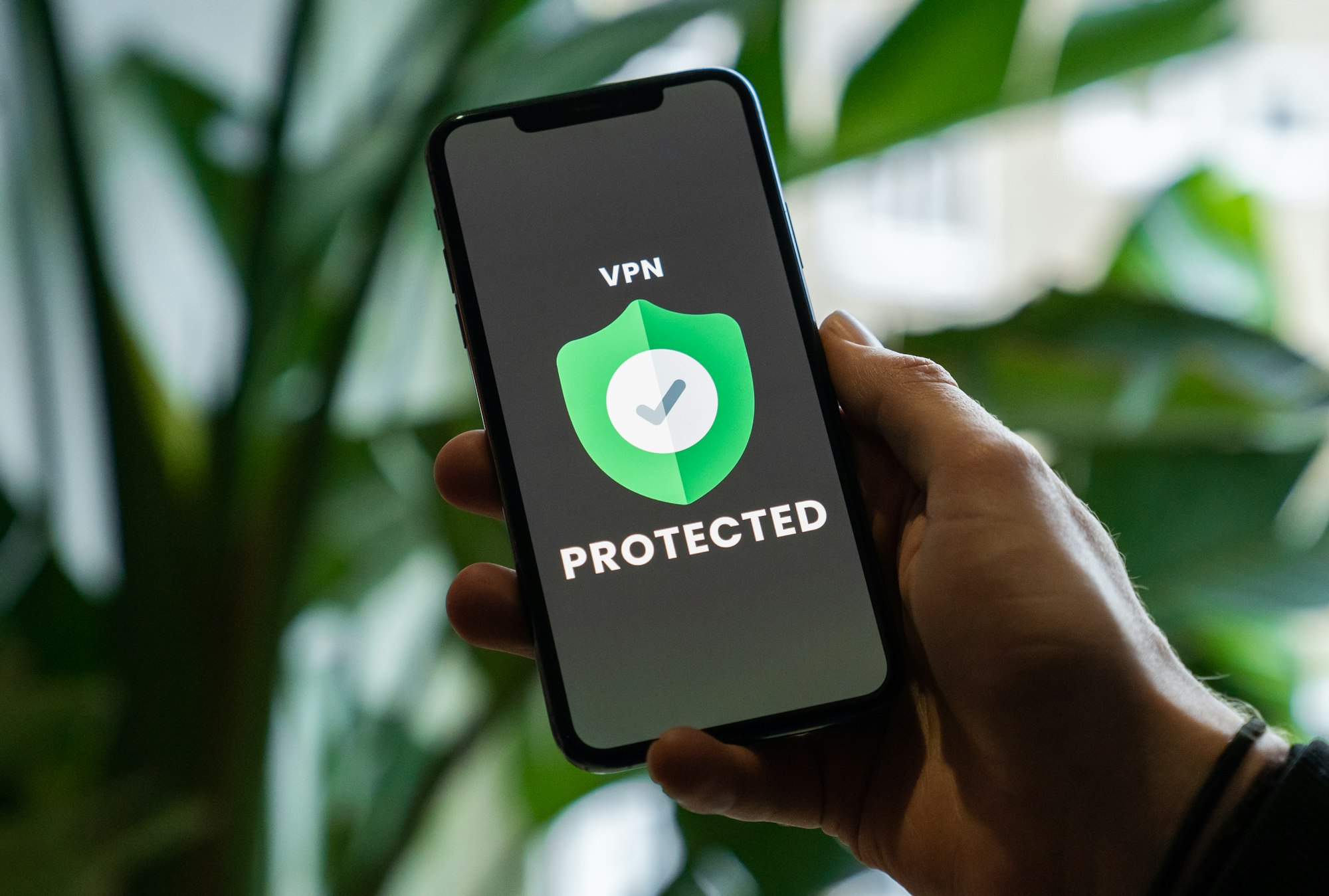
Not all VPN providers are created equal when it comes to privacy, security, and trustworthiness, and using a VPN does not guarantee complete anonymity. This is because other factors can still potentially identify you, as much as the VPN will mask your IP address.
In most cases, following good security habits, such as connecting to websites using HTTPS and maintaining strong passwords will actually give you as much security as most VPNs would and so a VPN should be seen as a complement to these security measures rather than a replacement. For true anonymity, tools like the Tor Browser offer a more robust solution.
The problem with VPN review sites
While many review sites offer ranked lists of VPN providers, it’s essential to approach these rankings with skepticism. Most review sites prioritize financial gain over objective evaluations, leading to biased recommendations. These rankings are often influenced by affiliate programs, where VPN providers pay review sites for referrals. As a result, the top-ranked providers may not necessarily be the most secure or privacy-focused options.
Moving Beyond Rankings: Factors to Consider When Choosing a VPN
To ensure you make an informed decision when choosing a VPN provider, look beyond rankings and consider other factors. Privacy Guides has rigorously evaluated VPN providers based on several criteria to ensure that their recommendations offer the highest standards of privacy, security, and trust.
Encryption Standards
Assess the encryption protocols used by the VPN provider to ensure your data remains secure. Look for providers that use strong encryption protocols like AES-256, which is considered unbreakable by today’s computing standards. Additionally, check if the VPN provider supports secure protocols like OpenVPN and WireGuard, as these offer optimal performance and security.

No-logging Policy
A VPN that keeps logs of your online activities compromises your privacy and defeats the purpose of using a VPN. Look for providers that have a strict no-logs policy, which means they do not store any information about your internet activities. Do your research beyond the no-log policy written on the VPN sites. Most VPNs have this on the website just for the public, but actually violate this and still collect logs of the users. Most VPNs have actually violated the no-log policy
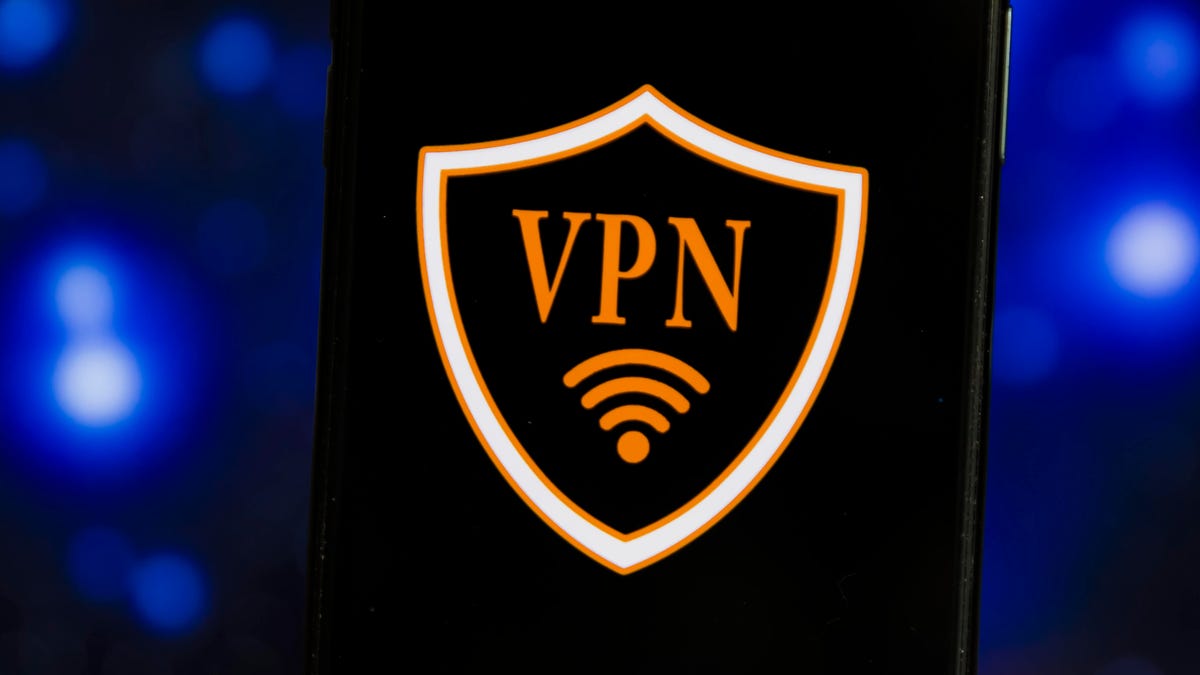
Independent Audits
Consider providers that have undergone independent audits, validating their security measures. This actually means that the information they have n their website and their claims are actually verifiable and true.
Payment Options
If you care about anonymity, you should opt for providers that offer anonymous payment options, such as cash or cryptocurrency. This is because traditional payment methods can be traced.
Open-source
Open-source software comes with a whole load of benefits, and VPNs are no exception. Having a VPN provider open-source the code or even the VPN clients allows for transparency and community scrutiny.

Additional Functionality
Having a VPN that ensures privacy but is unusable would be of no importance. You should also consider other factors like y
- Ad/Tracker blocking
- Warrant canaries (statements that confirm the absence of legal actions or government surveillance)
- Multi-hop connections (routing traffic through multiple servers for added security)
- Multi-Device Compatibility
- Quality customer support.
- Speed and performance
- Server Locations and Network Size
Recommended VPN Services that offer good privacy
Of the many VPN providers, three VPN providers stand out as the top choices for privacy and security and meet almost all the above criteria
- ProtonVPN
- Mullvad
- IVPN
Proton VPN
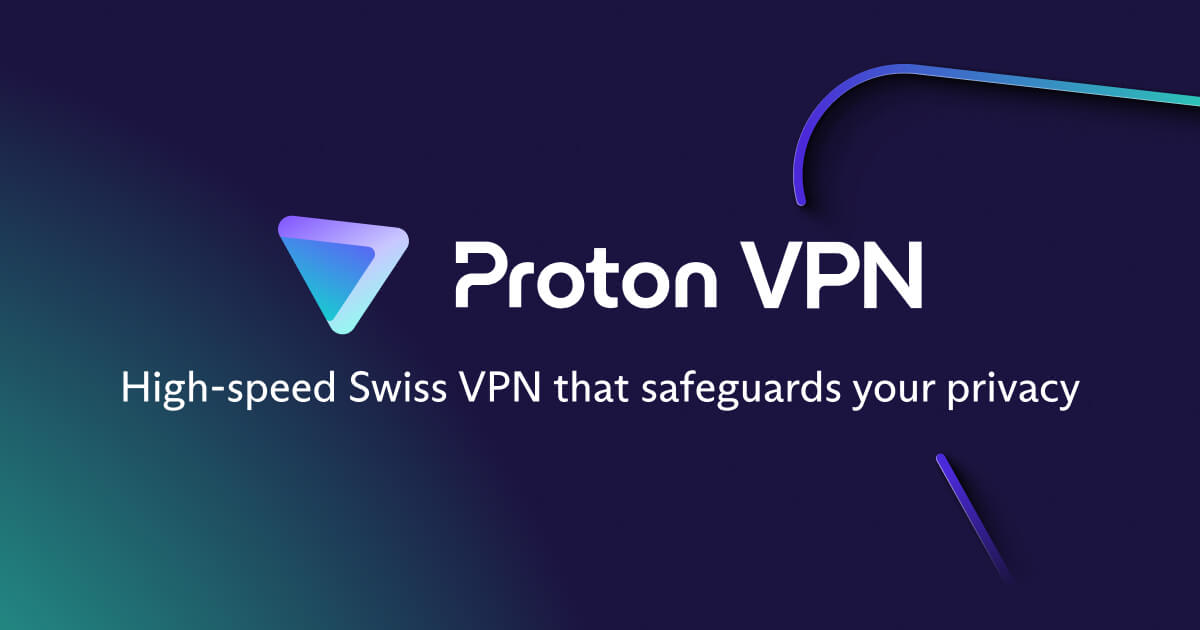
ProtonVPN is a reputable VPN provider that has been operating since 2016. Based in Switzerland, ProtonVPN offers a limited free tier as well as a premium option with advanced features. They meet Privacy Guides’ criteria by supporting WireGuard and OpenVPN protocols, accepting anonymous payments, and commissioning independent security audits. ProtonVPN also provides source code for their desktop and mobile clients, ensuring transparency and allowing for community scrutiny.
✅67 Countries
✅Independently Audited
✅Open-Source Clients
❔Accepts Cash
✅WireGuard Support
⚠️Remote Port Forwarding – Proton VPN currently only supports ephemeral remote port forwarding via NAT-PMP, with 60-second lease times.
✅Mobile Clients
✅Additional Functionality – Clients support multifactor authentication on all platforms except for. Proton VPN offers ad blocking and known malware domain blocking with their DNS service. Proton VPN also offers “Tor” servers, allowing you to easily connect to onion sites. We however still strongly recommend using the official Tor Browser for this purpose.
⚠️ Kill Switch feature is broken on Intel-based Macs
Mullvad
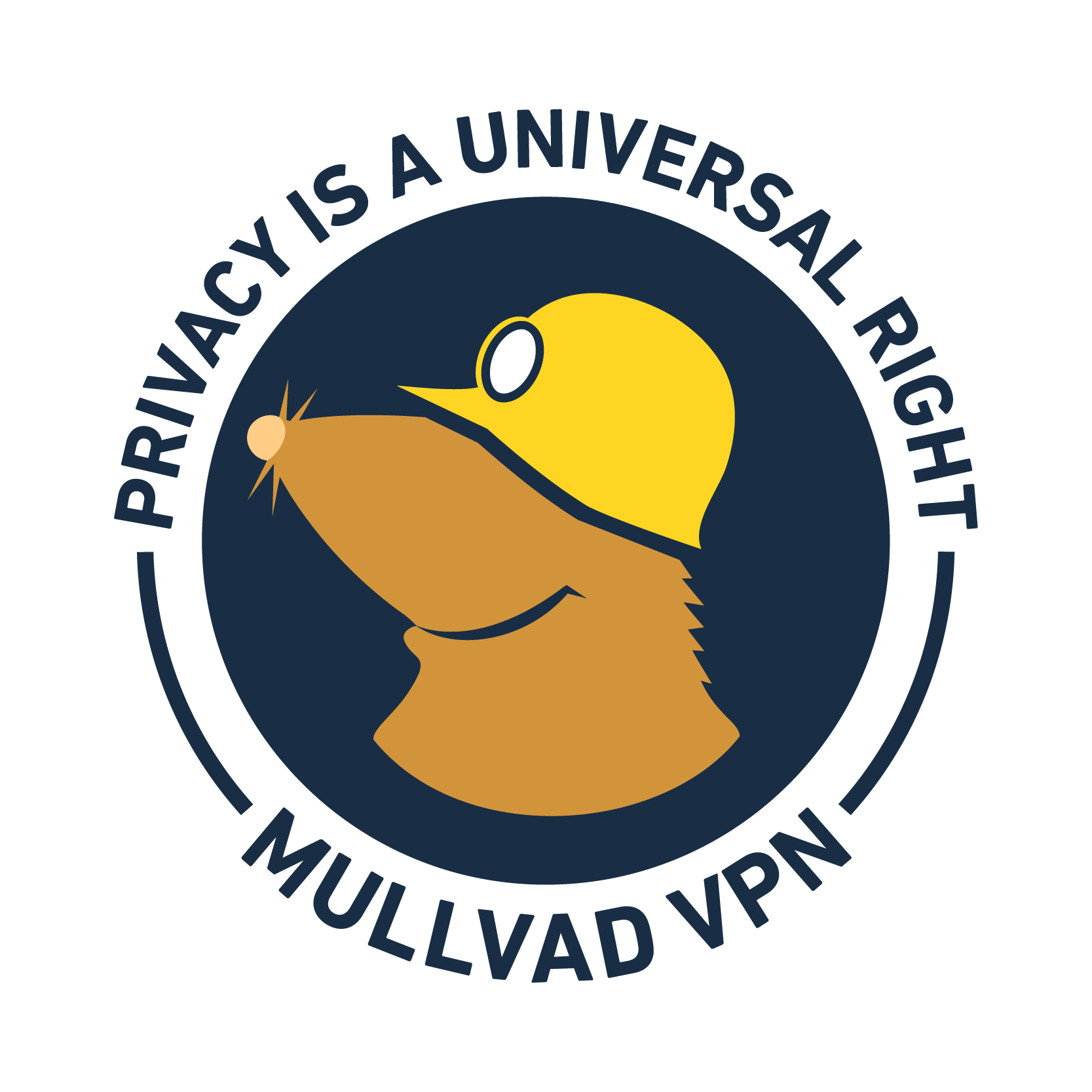
Established in 2009, Mullvad is based in Sweden and has a strong track record of protecting user privacy, transparency, and security. Mullvad supports WireGuard and OpenVPN protocols, offers anonymous payment options, and has undergone independent security audits. Their commitment to privacy and security, along with their transparent practices, make them a trustworthy VPN provider.
✅Encryption – OpenVPN with SHA-256 authentication; RSA-2048 or better handshake; AES-256-GCM or AES-256-CBC data encryption.
✅41 Countries
✅Independently Audited
✅Open-Source Clients
✅Accepts Cash and Monero
✅WireGuard Support
✅IPv6 Support
⚠️ Remote Port Forwarding – Mullvad previously supported port forwarding, but removed the option in May 2023.
✅Mobile Clients
✅Additional Functionality – Mullvad is very transparent about which nodes they own or rent. They use Shadowsocks in their Shadowsocks + OpenVPN configuration, making them more resistant against firewalls with Deep Packet Inspection trying to block VPNs.
Mullvad also launched a browser recently that works well with Mullvad VPN but can be used without their VPN together with a privacy-focused search engine that will require you to use their VPN to access it.
IVPN
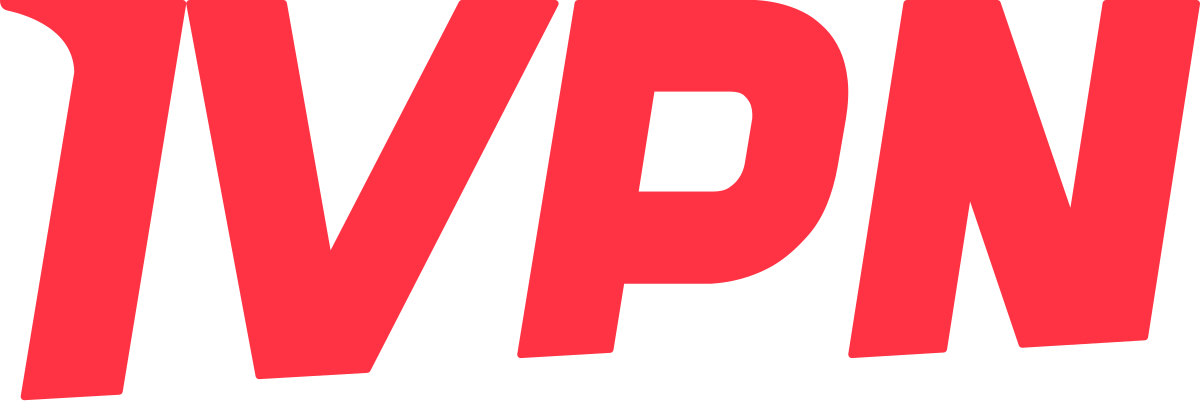
IVPN is another highly recommended VPN provider that prioritizes privacy and security. They have undergone rigorous security audits, providing users with confidence in their service. IVPN supports WireGuard and OpenVPN protocols, accepts anonymous payment options, and offers open-source clients. Their commitment to transparency and user privacy makes them a reliable choice for VPN users.
✅Encryption –
✅35 Countries
✅Independently Audited
✅Open-Source Clients
✅Accepts Cash and Monero
✅WireGuard Support
⚠️ Remote Port Forwarding – IVPN previously supported port forwarding, but removed the option in June 2023.
✅Mobile Clients
✅Additional Functionality – IVPN clients support two-factor authentication. IVPN also provides AntiTracker functionality, which blocks advertising networks and trackers from the network level.
Conclusion
Evaluating VPN services based on criteria like technology, privacy, security, and trust can help you identify providers that align with your needs and values. Always remember that no VPN can guarantee complete anonymity, but by choosing a reputable provider can significantly improve this.
This article has heavily relied on information from Privacy Guides





